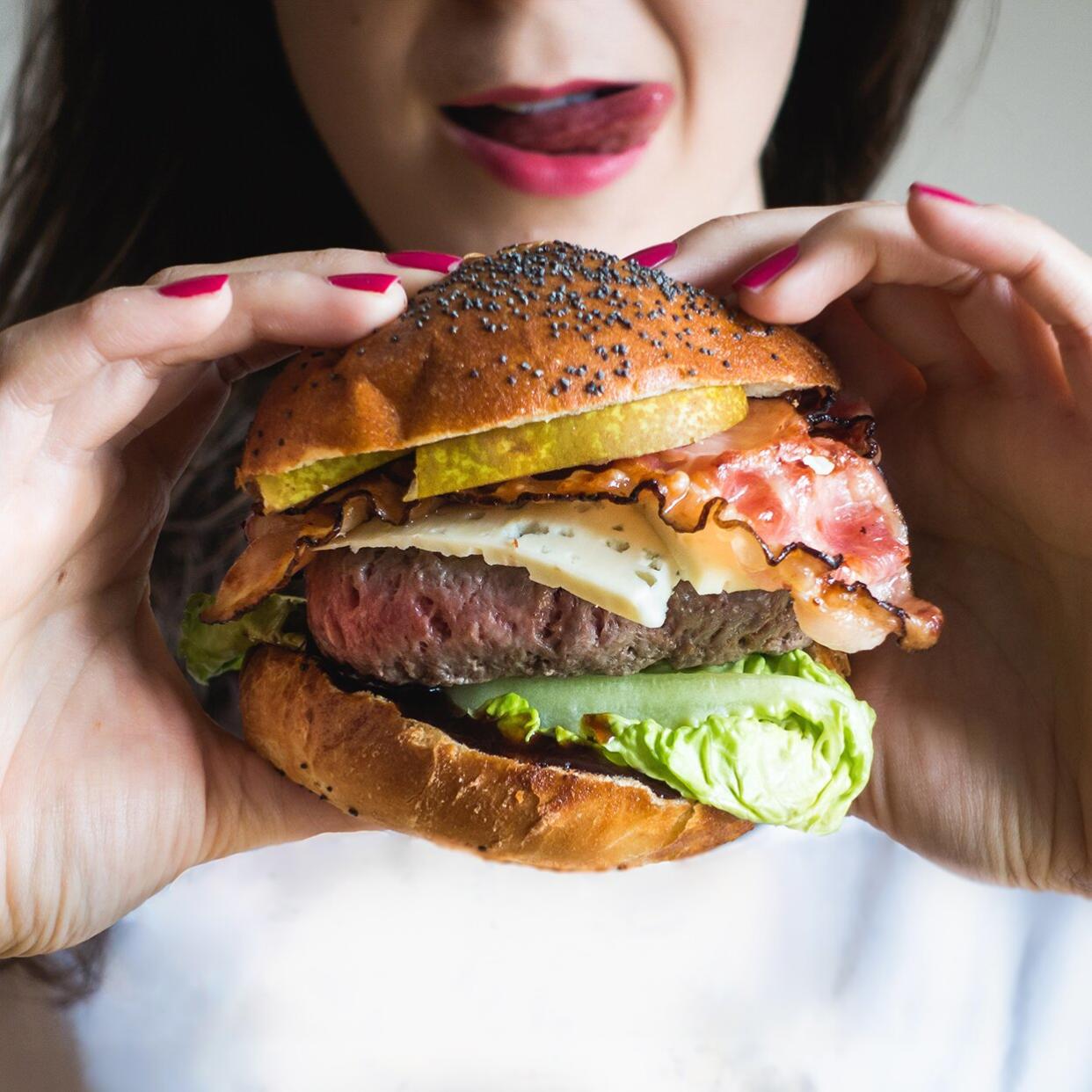Is Food Addiction Real?

Marko Crnoglavac/EyeEm/Getty Images
How many times have you heard or maybe uttered the statement: "I'm addicted to [insert favorite food here]"? Sure, that may be how you genuinely feel sometimes as you compulsively polish off a pint of ice cream, but are you truly addicted, or is there something else at play?
The concept of food addiction is intriguing, and it's understandable why so many people would latch onto the idea—it provides an explanation to eating behaviors that often feel unexplainable and at times downright shameful. But can you really be addicted to food?
The Food Addiction Theory
Proponents of food addiction say there are notable similarities between food and other addictive substances. Food and drugs both have similar effects on the brain; they both activate the brain's reward system, releasing the pleasure-inducing neurotransmitter, dopamine; and the anticipation of eating can activate similar regions of the brain seen in drug abuse. (DYK, overeating can actually rewire your brain.)
However, there are many problems I have with this idea.
First, most of the compelling research on food addiction is conducted on animals. Animal studies point to the combination of high-fat and high-sugar foods causing an addictive-like phenomenon, but the limited studies on humans show conflicting evidence. Plus, last I checked, humans weren't the same as rats, so you should always be skeptical of translating results from animal studies to humans.
The food addiction theory also fails to pinpoint a specific nutrient or food that has these addictive effects. Studies on food addiction point to broader groupings of food like "highly processed" foods, or foods that are both high fat and high sugar, but to validate this, you'd need to know what, specifically within these foods is causing this kind of reaction for people, not to mention why only some people are affected.
What's more, unlike drugs, food is essential for survival. Therefore, it's difficult to quantify its use and misuse and pinpoint a clear transition from using it as proper fuel to addiction or abuse. Plus, as a nutritionist, I firmly believe that food is meant to be rewarding. Any behavior that increases survival and pleasure is human instinct. (Think: good food and sex.) These and other pleasurable activities like listening to music can release dopamine in the brain, too, but you don't really hear someone talking about being addicted to Spotify.
Ever wonder why that donut tastes 10x better on a "cheat day?" Dieting and restricting certain foods actually increases the hedonic (pleasure) value of food. That's right: Research shows that the reward centers in the brain actually light up more in response to a food that's been previously off-limits. (More evidence: Why Restrictive Diets Don't Work)
This can be seen in food addiction research, as well. Rats that are given intermittent access to highly palatable foods react differently, both behaviorally and neurologically, compared to those who have continuous access to those tasty foods. These studies would suggest that food itself is not the culprit, it's the relationship to food that needs attention and healing. Moving from a deprivation and scarcity mindset around food to one of abundance and permission may be the solution. (Related: What's a "Refeeding" Day and Do You Need One?)
Bottom line? Feeling like you are addicted to salty chips, sweet chocolate, and savory mac and cheese is a very real thing. The evidence saying you have no self-control over those choices, may not be. [Sorry.]

